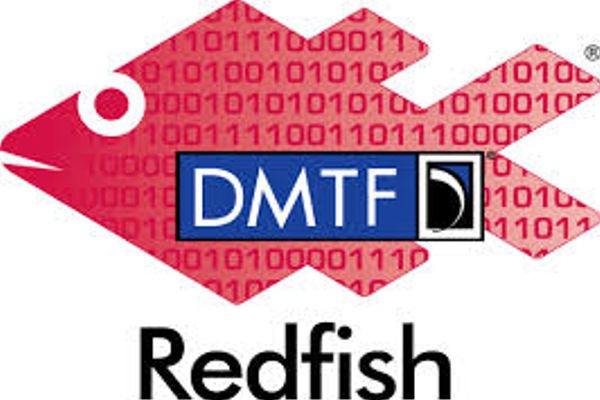ICMG, the consortium driving open standards for modular, scalable computing, and DMTF have announced that an IoT.x IP submission containing the PICMG IoT.x firmware specification was accepted and included in the most recent Work in Progress phase of the Redfish standard. The extensions to Redfish will streamline the creation of plug-and-play Industry 4.0 systems by connecting interoperable data models on IoT.x-enabled endpoints to software-defined converged infrastructure via the Redfish API.
Redfish is an IT industry standard commonly used for data collection and device management in equipment such as data center fans and coolant pumps. Since 2018, PICMG and DMTF have worked collaboratively to extend the capabilities of Redfish to automation and factory equipment, enabling remote management and control of robotic motion platforms, contextualized sensing systems, and other advanced control endpoints.
The result of those efforts is PICMG IoT.1 and IoT.2, which add extensions to DMTF’s Redfish standard, now included in the latest publication.
“DMTF specifies protocols, data formats, and models for interoperable management on control plane infrastructure including edge systems,” said Jeff Hilland, DMTF president. “Since a lot of what we do is applicable to edge hardware, it makes sense to work with PICMG as part of our alliance partner program.”
Extending Data and Control Capabilities
The PICMG IoT.1 firmware specification defines a standard data model for sensor makers and systems integrators, while PICMG IoT.2 addresses the data model and network architecture requirements for the integration of larger sensor/effector networks.
Together, the two specifications accelerate the development and deployment of smart sensors in Industry 4.0 applications. Redfish extensions integrate these capabilities in a larger system of systems context while remaining fully compatible with the PICMG IoT.x specifications.
PICMG is also working on extending the Redfish job model to support cloud-based scheduling and orchestration of factory equipment. This will allow industrial operators to leverage powerful cloud platforms like AWS to manage jobs all the way to control endpoints on a factory floor.
“Imagine a modular factory where every component is interconnected and fully plug-and-play, not just at the sensor and effector level, but across the entire assembly line,” said Doug Sandy, CTO of PICMG. “A factory where every piece of equipment has its own associated Redfish service, workloads, and processing could happen wherever they need to, while operators could manage and monitor everything through a top-down hierarchy of building, floor, and line controllers.”
“That’s what PICMG and DMTF ultimately want to support. And with our current work on Redfish, we’ve taken a big step in the right direction,” he added.
Building the Factory of the Future
PICMG’s IP submission recently entered DMTF’s Work in Progress phase and is slated for a projected full release in 2025. During the Work in Progress phase, the development community will have the opportunity to review and comment on the new content of the specification, so changes can be incorporated prior to the next Redfish release.
PICMG and DMTF also currently have a team working on an example implementation of the interoperable data environment, expressed in the form of an open-source server. Accessible on the PICMG GitHub repository, new functionality is being added to the server each month with the goal of it becoming fully functional in time for the next Redfish specification release.













